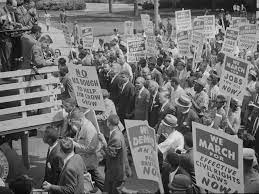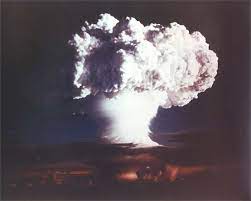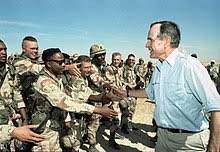The year 2002 witnessed a range of human rights violations across the globe, reflecting the complex and challenging landscape of that time. From armed conflicts to government repression, various regions faced crises that tested the international community's commitment to protecting human rights.
One of the most significant events of 2002 was the initiation of the War on Terror by the United States in response to the 9/11 attacks. The U.S.-led military interventions in Afghanistan and later Iraq raised serious concerns about human rights violations. Reports emerged of civilian casualties, torture, and the abuse of detainees, particularly in facilities like Abu Ghraib. These incidents sparked international outrage and fueled debates about the ethical implications of the War on Terror.
In Afghanistan, the conflict between the Taliban and coalition forces intensified, leading to a surge in civilian casualties. Airstrikes, military operations, and suicide bombings took a heavy toll on the Afghan population, highlighting the precarious situation faced by civilians caught in the crossfire. Human rights organizations raised alarms about the impact of the conflict on vulnerable groups, including women and children.
Another focal point of human rights violations in 2002 was the Israeli-Palestinian conflict. The ongoing tensions between Israel and Palestine escalated, with both sides experiencing violence and loss of life. The Israeli military incursions into Palestinian territories, such as the West Bank and Gaza Strip, raised concerns about excessive use of force, displacement of civilians, and violations of international law. The cycle of violence exacerbated an already dire humanitarian situation in the region.
In Africa, the Darfur conflict in Sudan emerged as a humanitarian crisis marked by widespread human rights abuses. The Sudanese government and allied militias faced accusations of ethnic cleansing, mass killings, and displacement of civilians. The international community struggled to respond effectively to the escalating violence, underscoring the challenges of addressing human rights violations in complex conflict zones.
North Korea also faced scrutiny in 2002 for its dismal human rights record. Reports of political repression, arbitrary arrests, and torture emerged, shedding light on the oppressive nature of the regime. The isolation of North Korea made it difficult for the international community to fully grasp the extent of the violations, but efforts to shine a spotlight on the situation persisted.
In various parts of the world, governments sought to suppress political dissent and curtail freedom of expression. China, for example, faced criticism for its crackdown on the Falun Gong spiritual movement and the imprisonment of dissidents. Cuba, too, drew attention for its restrictive policies on free speech and political opposition.
The year 2002 serves as a reminder that the pursuit of human rights is an ongoing struggle, and no region is immune to violations. The events of that year underscore the importance of vigilance, accountability, and a collective commitment to upholding the principles of human dignity and justice. The challenges faced in 2002 continue to influence discussions on international relations, humanitarian interventions, and the responsibility to protect human rights in the face of adversity.






